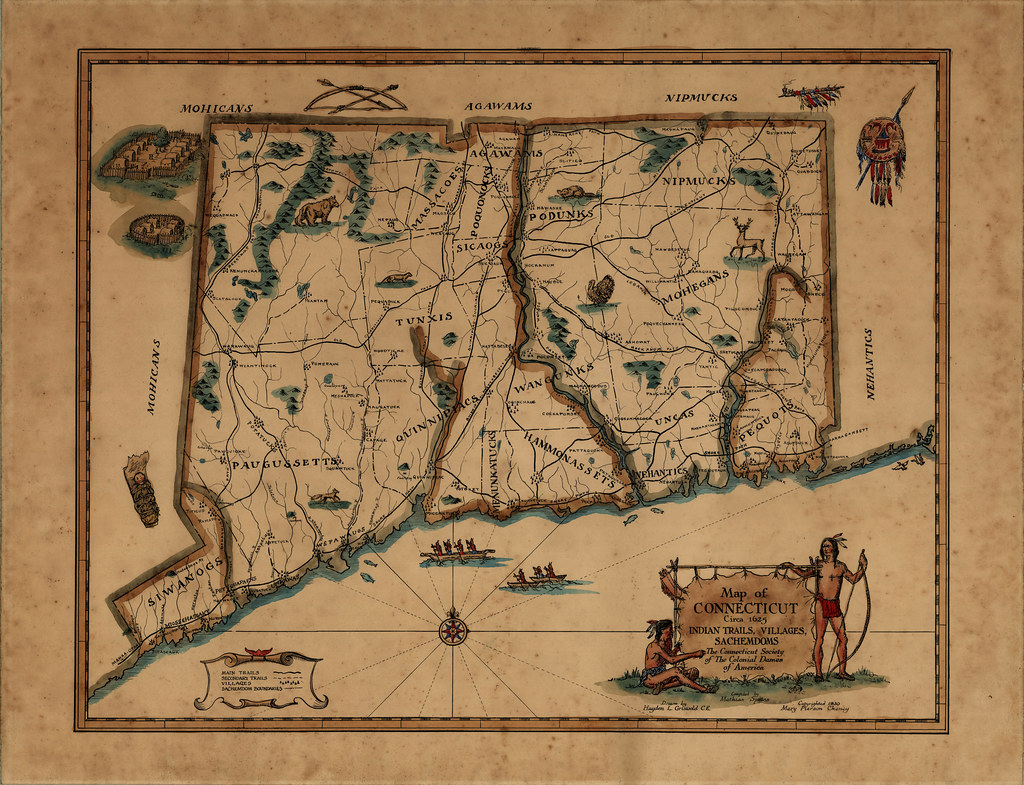After two years of research on the indigenous presence in the Lakeville region, the school has decided not to move forward with crafting a land acknowledgement at this time.
A land acknowledgment statement, according to the National Museum of the American Indian, is a custom “used by Native Peoples and non-Natives today to recognize Indigenous Peoples who are the original stewards of the lands on which we now live.”
These statements indicate respect and remembrance for the indigenous communities who resided on the land before current inhabitants.
In recent years, land acknowledgments have gained momentum across North America, with many academic institutions and museums devising their own statements and announcing them at the beginning of public gatherings.
Universities such as Harvard, Northwestern, and Yale have adapted and published land acknowledgments in recent years. These statements are posted on the schools’ websites and often recited at the commencement of speeches and major events.
Yale University writes that it embraced the practice of land acknowledgment in order to “inspire ongoing engagement with indigenous peoples and nations… and help create broader awareness of important histories.”
The school began thinking about crafting a land acknowledgement at the direction of the DEI Committee of the Board of Trustees. The school established an internal research committee, organized by Mr. Pierre Yoo, associate director of DEI, comprised of faculty members and a student. The committee was tasked with reaching a greater understanding of the history of the school’s land and its previous inhabitants.
The committee reached out to Tim Binzen ’84 and Shirly Done, historians of indigenous peoples in northwestern Litchfield County.
Ms. Joan Baldwin, curator of Special Collections, presented Head of School Mr. Craig Bradley with a report on the location of indigenous settlements in the region. He decided not to move forward with a land acknowledgement.
The Record requested a copy of the report presented to Mr. Bradley from Ms. Baldwin, who shared it with the Editors. In it, Ms. Baldwin summarizes Mr. Binzen’s findings “that while today’s Hotchkiss campus was apparently not the site of Mohican (today’s Stockbridge Munsee tribe) wigwams, its location between the two Mohican settlements means the campus was traversed frequently by tribal members.”
According to Mr. Daymyen Layne, director of diversity, equity, and inclusion, said, “We decided not to move forward with the land acknowledgment statement because the research shows that Hotchkiss land wasn’t technically land that [members of the Stockbridge Munsee tribe] were ‘settled’ on, if you will. I put ‘settled’ in quotes because Native folks didn’t necessarily use that. Also, the property that Hotchkiss has wasn’t part of any sort of land exchange. I think that was a key piece. We’re trying not to do things that that might be looked at as performative. I think that could be actually more harmful to community.”
When asked about the community response to the recent decision, Mr. Layne said, “Some people might be disappointed that we didn’t decide to go ahead and do this, but I think forging ahead with a language acknowledgement that doesn’t match up with history might actually might do more harm.”







